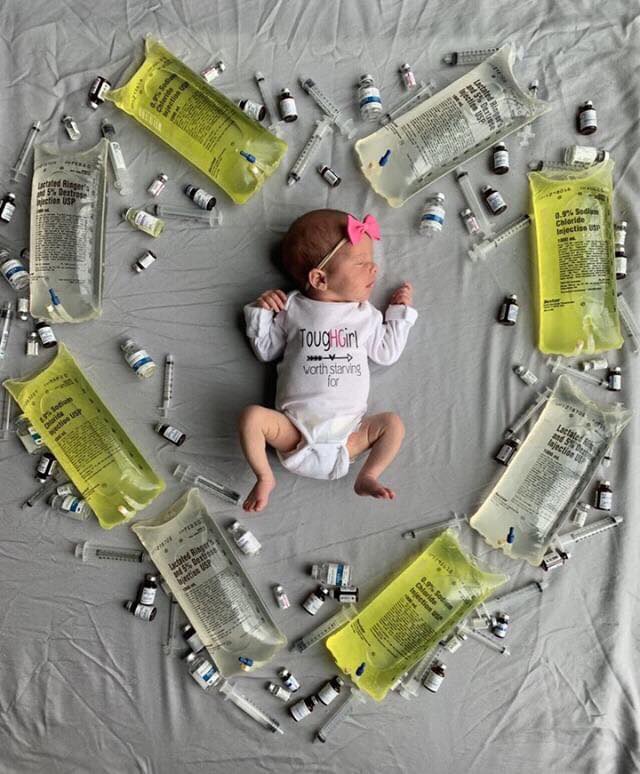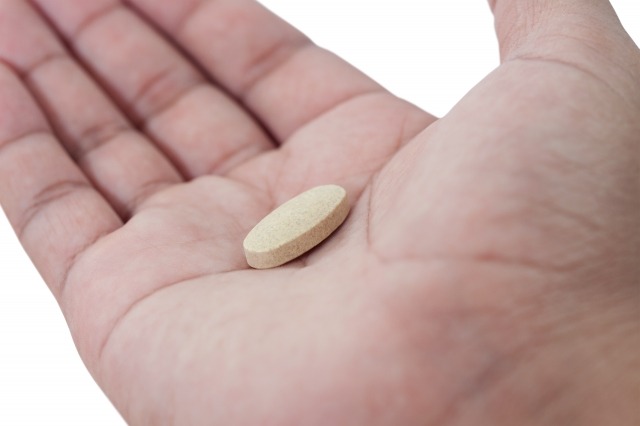
Calling HG morning sickness is like calling a hurricane a little rain.
Jeremy King, Co-founder of HER Foundation.
What is HG? HG is hyperemesis gravidarum: a potentially life-threatening pregnancy disease that causes chronic malnutrition, dehydration, and debility due to severe nausea and vomiting, and may cause long-term health issues for mom/baby.
HG was 10 unbearable weeks of constant suffering, horrifying for me, horrifying for my family, and deadly for my innocent, unborn child. When I recovered, I was shocked to learn that there was so little scientific research on HG, and there and then, decided to devote my life to studying HG.
Marlena Fejzo, HER Research Advisor | HG survivor

Refer reporters and all interested in learning more about HG to the HER Foundation website: www.hyperemesis.org.
What is Hyperemesis Gravidarum (HG)?
HG is hyperemesis gravidarum: a potentially life-threatening pregnancy disease that may cause weight loss, malnutrition, dehydration, and debility due to severe nausea and vomiting, and may cause long-term health issues for mom and baby.
Comparison of Morning Sickness and HG
| Area Impacted: | Hyperemesis Gravidarum: | Morning Sickness: |
|---|---|---|
| Employment | Often are unable to work for weeks or months and may lose their job or be forced to resign. | May lose up to a month of employment, work part-time and/or use sick time. Job performance may be reduced. |
| Daily Activities | May be unable to perform even simple household chores or care for themselves (shower, drive, etc.) when symptoms are severe. | Can perform most necessary responsibilities at some point during the day or week when symptoms are less intense. |
| Energy Level | Fatigue may be severe for weeks or months. Bed rest is often a necessity. Prolonged fatigue is very common. | Fatigue is mild to moderate and decreases workload. Rest is needed to alleviate symptoms. |
| Relationships & Socialization | Relationships are often greatly strained and may dissolve. Isolation is common and may lead to depression. Abuse and neglect of the mother may occur. | Relationships may be stressed but social functioning is only temporarily reduced. |
| Finances | Financial loss due to medical care, loss of income, and additional paid services (child care) can be devastating. | Financial loss due to medical care, loss of work, and use of sick time is significant, but usually manageable. |
| Stress Level | Psychological stress is typically moderate to severe and often results in anxiety, depression and trauma that may be prolonged. May require treatment. | Psychological stress is mild to moderate and may result in depression during/after pregnancy that may resolve without treatment. |
| Recovery | Postpartum recovery is prolonged, averaging 6 months to 2 years. | Postpartum recovery is typical and usually takes a few months. |





